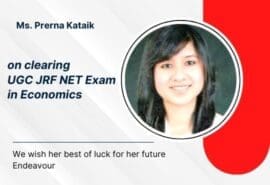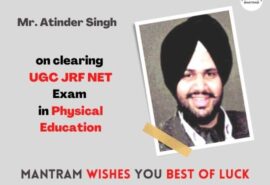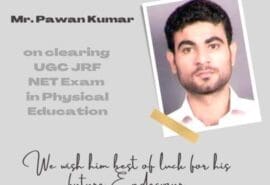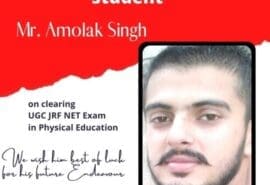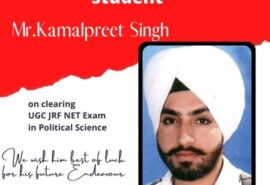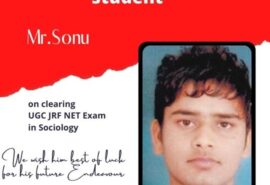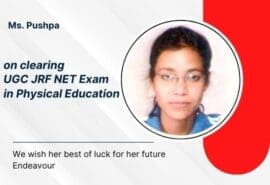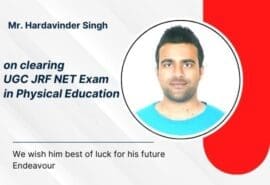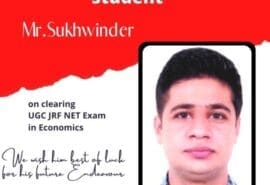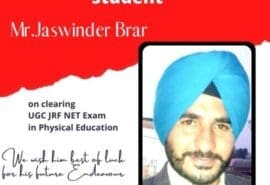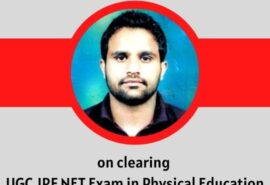
The Proven Formula for Sociology Exam Achievement
The Proven Formula for Sociology Exam Achievement
Sociology exams assess conceptual understanding, theoretical application, analytical abilities, and real-world integration of the subject across various social issues and behavioral dynamics.
Developing a strategic, well-rounded, iterative preparation process based on proven techniques is key to excelling in these assessments. This article outlines a formulaic approach combining essential success factors.
Cultivate Strong Interest
Sustained engagement with sociological perspectives requires innate curiosity into the role of cultural forces, hierarchies, socializations, marginalities, etc., that shape human attitudes and actions.
Beyond chasing good grades, preparing from a space of authentic interest in decoding social realities through diverse theoretical lenses stimulates consistent learning.
Master Core Concepts
With over 100 distinct technical concepts like status, anomie, ethnocentrism, etc., underpinning the subject, begin by clearly understanding definitions and canonical interpretations of each key term.
Memorizing concepts accurately and linking conceptual understanding to real-world social dynamics establishes strong foundations before progressing.
For UGC JRF NET Sociology Exam Preparation Coaching, contact us at Mantram Study Group, SCO No. 80-81, First Floor, Sector 15-D, Chandigarh (Near Gate No. 2, Panjab University Chandigarh – Contact – 9779797575/ 9463049859)
Classify Theories Systematically
Rather than approaching theories randomly, categorize them into structural, interpretative, postmodern schools, etc. Learn them chronologically - early Marx and Durkheim models, followed by recent thinkers like Goffman. Note core arguments, assumptions, criticisms and applicability to issues today like consumerism or globalization.
Apply to Everyday Scenarios
Theories and concepts must transcend textbooks to aid in analyzing real situations and emerging phenomena. Test assimilation by consciously applying sociological lenses during everyday observations - media portrayals, policy debates, and social conversations to exercise analytical abilities and expand understanding.
Attempt Previous Year Papers
Attempting prior years' question papers under timed conditions is invaluable for gaining exam familiarity, gauging knowledge levels across preparation milestones, and uncovering potential gaps in understanding theoretical reasoning, data interpretations or argument analysis within applied responses.
Handpick References Strategically
Rather than being overwhelmed by all suggested readings, selectively identify 2-3 supplementary references closely mirroring the latest exam focus areas as evident from previous papers' analysis. Prepare notes on these handpicked materials for efficient revision.
Learn Answer Writing Tactics
Equally important is cultivating strong response writing, structured arguments, and analytical evaluation abilities within your answers to diverse question types. Writing under practice test conditions, reviewing answer keys and noticing assessor expectations helps perfect response writing tactics.
Adopt Spaced Repetition for Retention
Cramming intensely as exams approach results in quick forgetting. Learn and revise across chapters using spaced interval techniques - recall after every increasing gap like 1 day, 3 days, 1 week, etc. Quizzing oneself aids in long-term retention, which is critical for applying conceptual clarity seamlessly during exams.
Balance Health & Revision
Adequate nutrition, daily exercise, quality sleep, and mindfulness practices are crucial accompaniments during revision phases to retain peak mental energies and cognitive focus while writing long answer responses under pressure. Do not compromise on lifestyle habits amid preparation crunch times.
Stay Motivated
Prepare goal sheets and reminder notes of the bigger purpose behind this arduous preparation as affirmations to persist through phases of self-doubt. Read biographies of sociologists who overcame immense odds, like W.E.B. Du Bois. Derive inspiration to sustain efforts.
Conclusion
In the quest for sociology exam success, establishing strong conceptual foundations and balanced preparation routines, iteratively practicing response writing, revising smartly over spaced intervals, and self-evaluating through previous papers alongside prioritizing wellness provides a proven formula for high achievement powered by intrinsic motivation.
Thanks for visiting our website Mantram Study Group
CHECK OUR OTHER LINKS: -
Testimonials
 Their passion for teaching and extensive knowledge of the subject matter shines through in their engaging lectures and interactive class sessions. Students can grasp complex concepts and excel in their exams with their guidance. The CSIR Life Science Coaching Academy's commitment to students' success is evident in its teaching methodology.
Their passion for teaching and extensive knowledge of the subject matter shines through in their engaging lectures and interactive class sessions. Students can grasp complex concepts and excel in their exams with their guidance. The CSIR Life Science Coaching Academy's commitment to students' success is evident in its teaching methodology.














